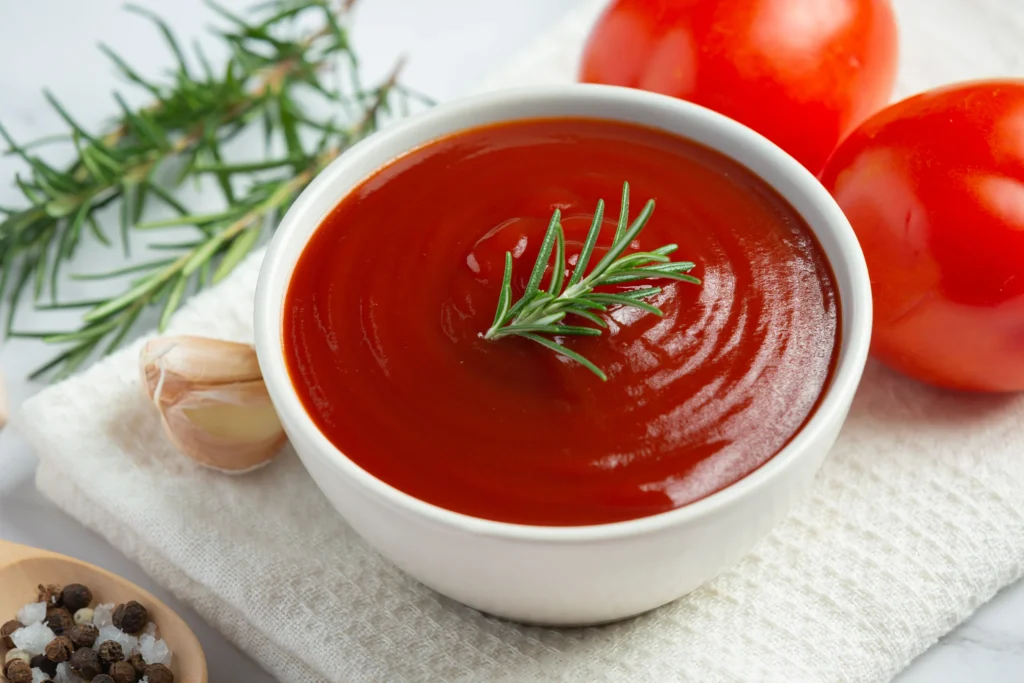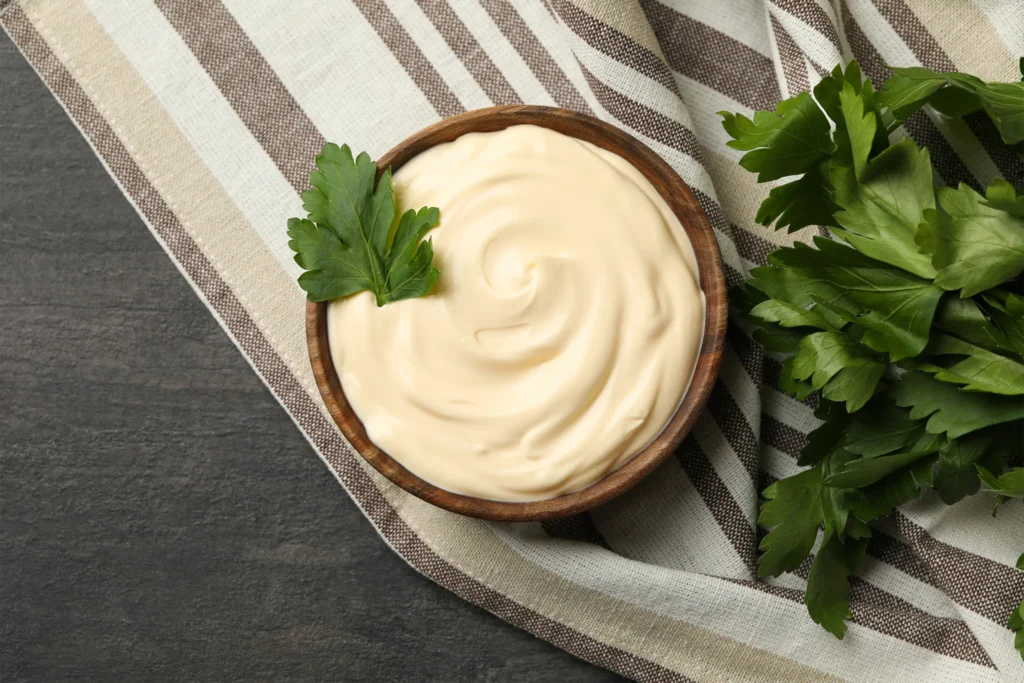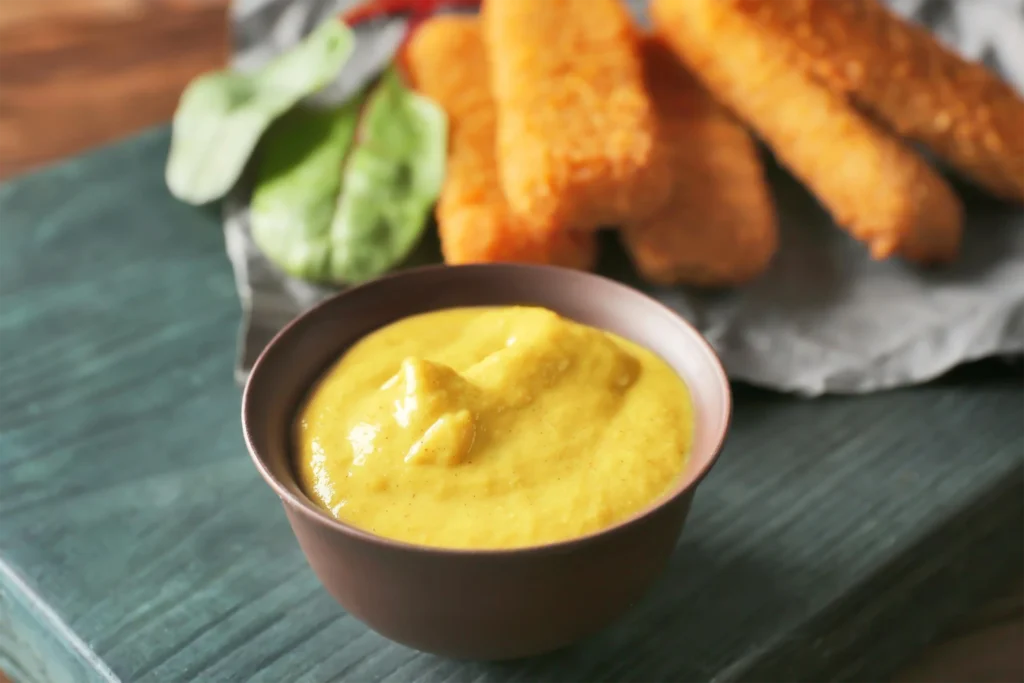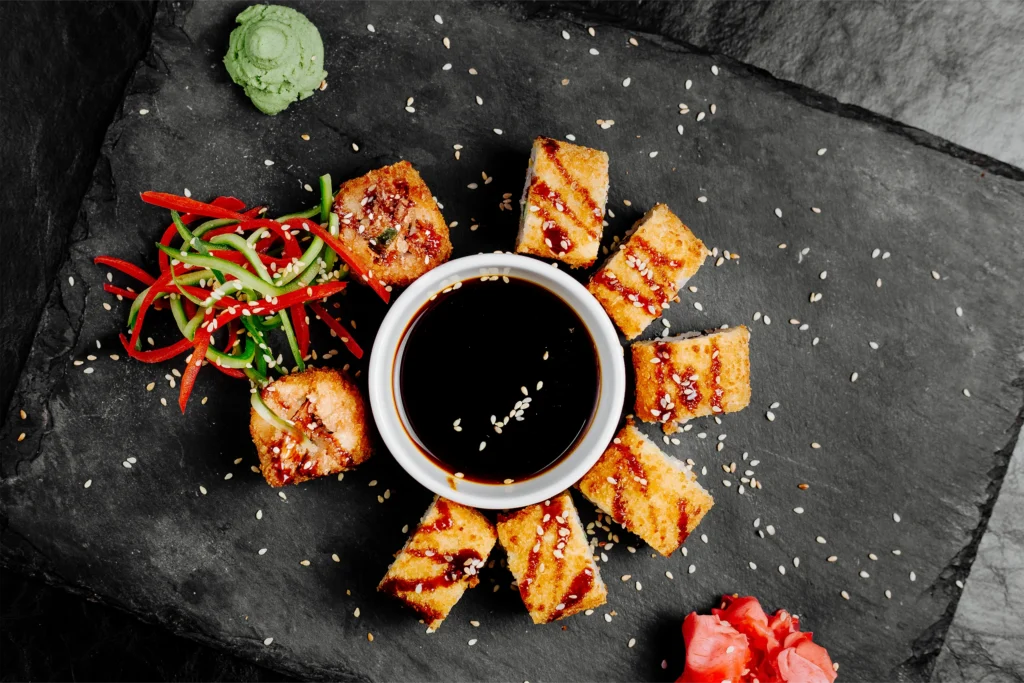As part of our daily healthy eating, we do not think a small drizzle or sprinkling of our favourite condiments will do us any harm. The problem arises because most of us often go overboard and that “small drizzle” turns into a dollop which eventually means more calories as a result of the extra salt, fat or sugar.
Let us take a look at how too much of your favourite condiments can be detrimental to our health and be a spoiler to all our fitness plans.
Ketchup

Tomato ketchup is definitely one of our favourite and most-used condiments, isn’t it? However, you’ll be startled by this fact-file: as per top nutritionists, one teaspoon of ketchup (that we regularly dip our fries and other food into) is equivalent to a sugar packet! It is deceiving since it has no fat.
Solution: A simple recipe for a healthier version of ketchup is as follows: a jar of organic, unsweetened tomato paste and add a teaspoon of onion powder, 1/2 teaspoon of turmeric, 1/2 teaspoon of paprika, 1 teaspoon Himalayan salt, 1/4 cup apple cider vinegar and 1/4 cup water.
Mayonnaise

Another favourite condiment of ours is mayonnaise. But again, at the end of the day, mayo (and even tartar sauce) is nothing but processed refined soyabean oil as the chief ingredient. Do I need to say more about how harmful this can be for your health?
Solution: While a healthy choice would be if you can purchase a mayo with olive oil as the prime ingredient, the best and safest would be to prepare your own at home!
Honey Mustard

Although mustard is laden with salt, it is devoid of calories. However, when honey is added to mustard, it becomes sugar-rich and an enemy for our waistline.
Solution: While plain mustard is the best option, a tastier option is hummus and pesto. Ideally, the hummus should be made with olive oil and not soyabean or other oils.
Soy Sauce

The popular and traditional soy sauce is highly rich in sodium and excess of it should definitely be avoided.
Solution: Top dieticians recommend coconut aminos as the best substitute for this since it is not only lower in sodium content but also has the advantage of being gluten-free.
Eat healthy, eat wise!

